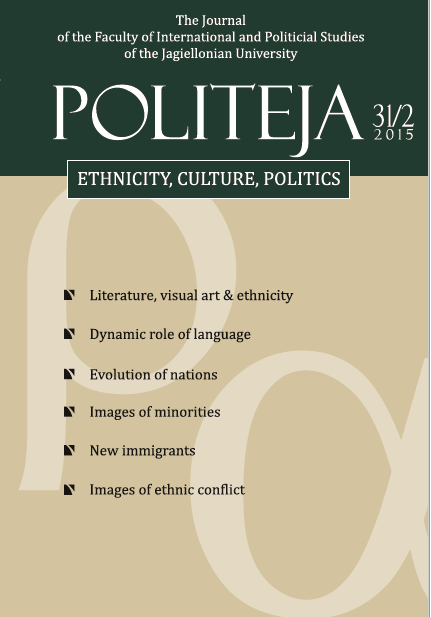(In)Equality of Languages in the EU and Its Economic and Political Consequences
(In)Equality of Languages in the EU and Its Economic and Political Consequences
Author(s): Roman SzulSubject(s): Politics / Political Sciences
Published by: KSIĘGARNIA AKADEMICKA Sp. z o.o.
Keywords: EU; language policy; official languages; working languages
Summary/Abstract: Language policy (both explicit and implicit) of the EU serves several objectives: to ensure the equality of EU member states and their citizens, to enable the smooth functioning of EU institutions, to improve the economic performance of the EU and to create a sense of community within the UE. These objectives are contradictory which leads to a choice between the idealistic principle of equality of languages and the pragmatic inequality of languages, which in turn generates tensions in the EU over the economic and political consequences of both the equality and inequality of languages. The principle that the EU is a free association of member states implies the equality of all 24 (after Croatia’s accession) official EU languages. This discriminates against citizens whose mother tongues are different than those 24 languages, and, at the same time, generates problems related to the abundance of languages (organisation and costs of translation/interpretation). The smooth functioning of EU institutions, of the EU economy and market, requires the use of a reduced number of languages which is economically and politically disadvantageous for users of other languages and provokes conflicts as in the case of the unique European patent.
Journal: Politeja - Pismo Wydziału Studiów Międzynarodowych i Politycznych Uniwersytetu Jagiellońskiego
- Issue Year: 12/2015
- Issue No: 31/2
- Page Range: 67-79
- Page Count: 12
- Language: English

